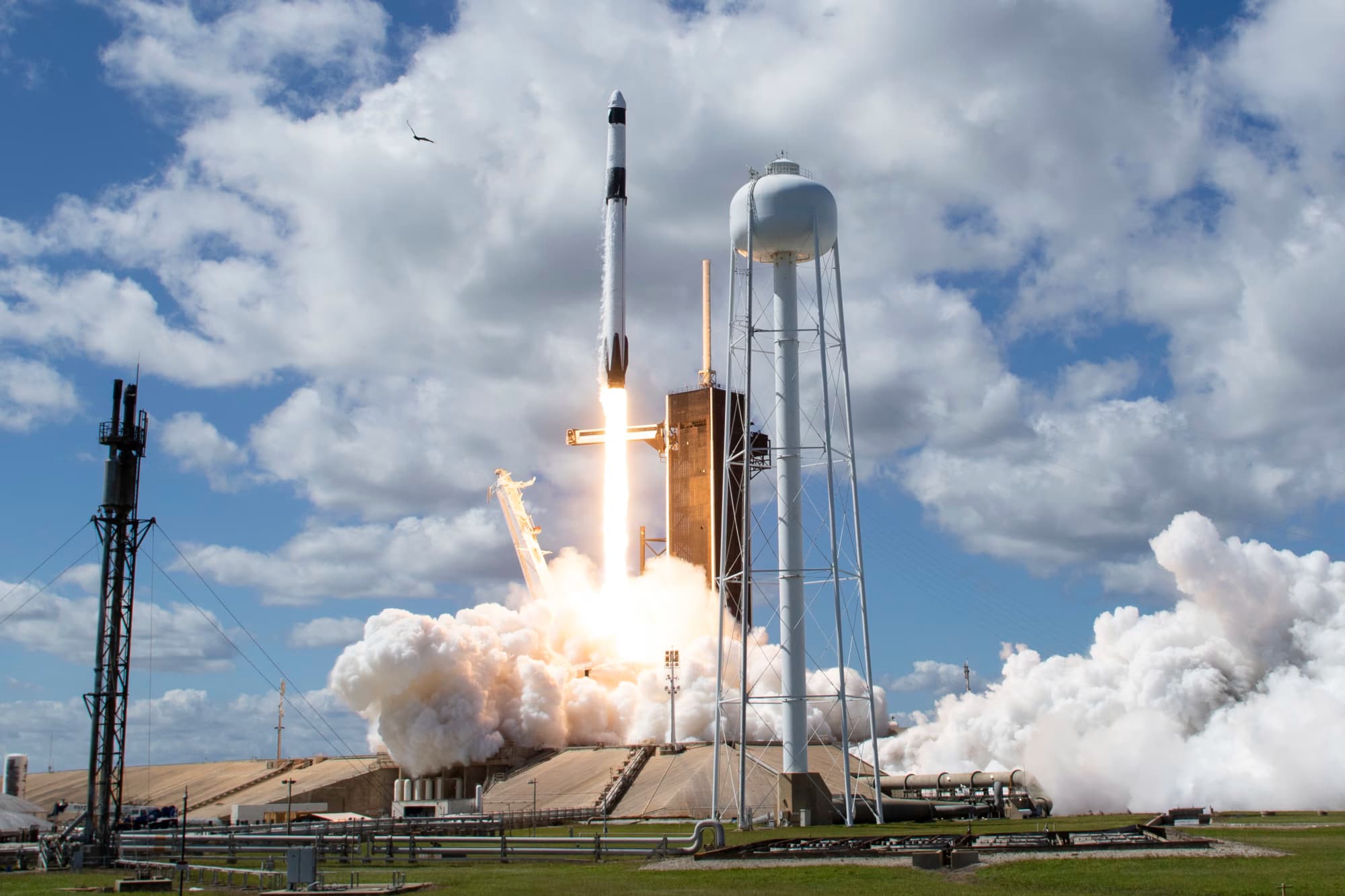We're loading the full news article for you. This includes the article content, images, author information, and related articles.
A high-stakes dispute over Starship launch safety in Florida between SpaceX, Blue Origin, and ULA could reshape the global launch market, impacting satellite-dependent services like Starlink that are crucial for Kenya's digital economy.

GLOBAL – A fierce battle over launch pad real estate and operational safety is escalating on Florida's Space Coast, pitting Elon Musk’s SpaceX against its primary competitors, Blue Origin and United Launch Alliance (ULA). The dispute, centered on SpaceX's ambitious plans for its next-generation Starship rocket, has profound implications for the future of global space access and holds direct relevance for Kenya's growing reliance on satellite technology.
The conflict revolves around SpaceX's proposal to conduct as many as 44 Starship launches annually from Launch Complex-39A at NASA's Kennedy Space Center, with further plans for a second Starship pad at the adjacent Cape Canaveral Space Force Station. Rivals ULA and Blue Origin have formally objected to the plans, lodging concerns with the U.S. Federal Aviation Administration (FAA). They argue that the unprecedented scale and power of the liquid methane-fueled Starship, combined with such a high launch frequency, pose a significant safety risk to their own nearby launch facilities and personnel.
In regulatory filings, the companies warned that a Starship launch anomaly could be "catastrophic" and that even normal operations would force them to repeatedly evacuate their own critical infrastructure, severely disrupting their launch schedules.
Mediating this corporate clash is the U.S. Space Force's Space Launch Delta 45, the military unit responsible for safety and operations across the Eastern Range, a 15-million-square-mile area covering all launches from Florida. Its commander, Col. Brian Chatman, confirmed that Starship operations would indeed restrict neighbors' access to their pads, at least initially.
A key technical issue is the explosive potential of Starship's propellant. Col. Chatman stated that until more data is gathered, safety protocols will treat any liquid oxygen and methane (LOX-methane) vehicle with "100 percent TNT blast equivalency." This conservative safety measure maximizes the mandatory exclusion zones around the pad, directly impacting how close and how often competitors can work. This dispute is the latest in a long-running rivalry that has included legal battles over launch pad leases and government contracts.
While the conflict is unfolding thousands of kilometers away, its outcome will ripple across the globe, affecting nations like Kenya that are increasingly integrating space technology into their economic development. The core of the issue is market dominance. The company that can launch the most payload, most frequently and at the lowest cost, will control the gateway to orbit for commercial satellites, scientific missions, and national security assets.
This has direct consequences for several key areas relevant to Kenya:
The U.S. Space Force, which manages the launch ranges as a national resource, is now tasked with balancing the interests of competing commercial giants, all while ensuring its own national security launch needs are met. The decisions made by the FAA and the Space Force in the coming months will not only determine the launch tempo from Florida but will also set a precedent for the commercial space economy, influencing the cost of a satellite connection in rural Kenya and the future of the nation's ambitions in orbit.
Keep the conversation in one place—threads here stay linked to the story and in the forums.
Sign in to start a discussion
Start a conversation about this story and keep it linked here.
Other hot threads
E-sports and Gaming Community in Kenya
Active 9 months ago
The Role of Technology in Modern Agriculture (AgriTech)
Active 9 months ago
Popular Recreational Activities Across Counties
Active 9 months ago
Investing in Youth Sports Development Programs
Active 9 months ago
Key figures and persons of interest featured in this article